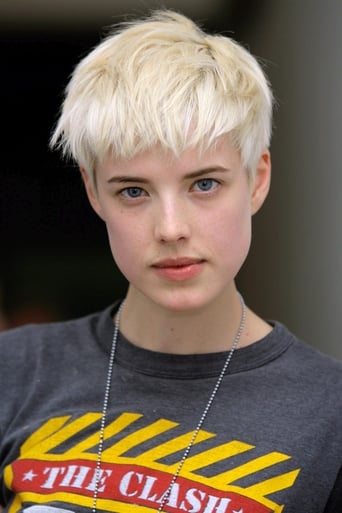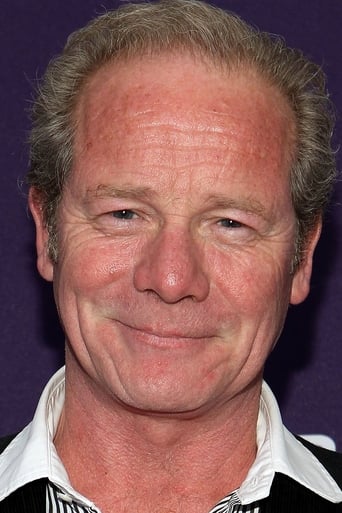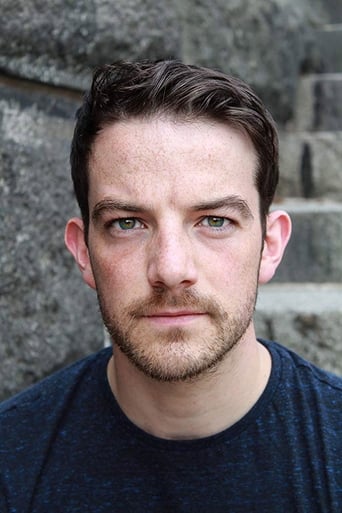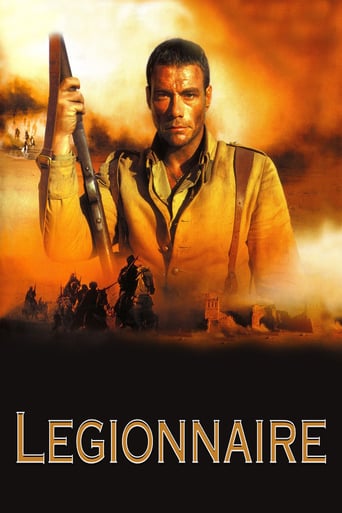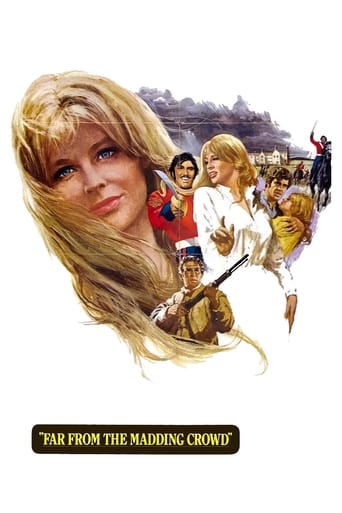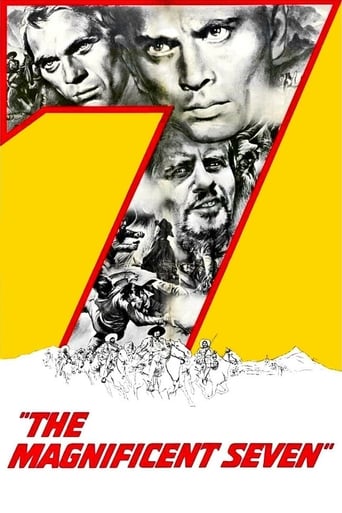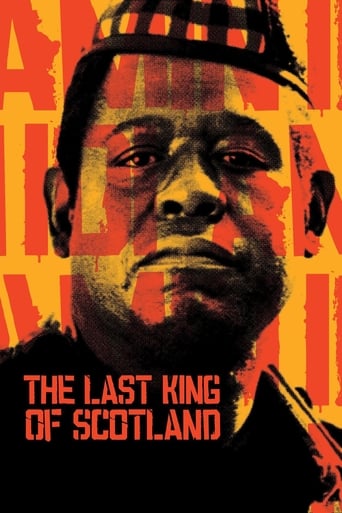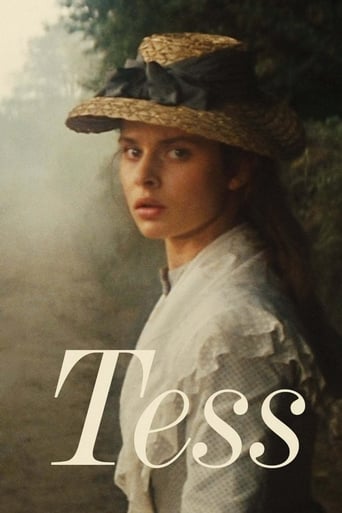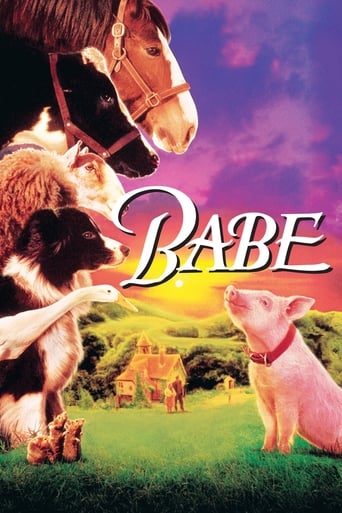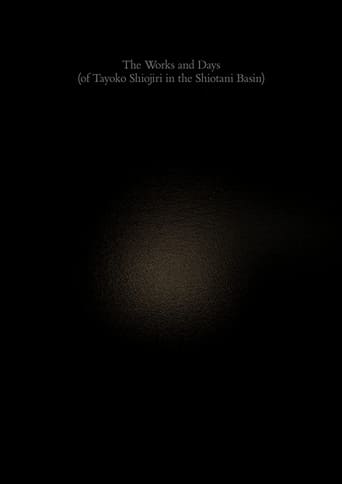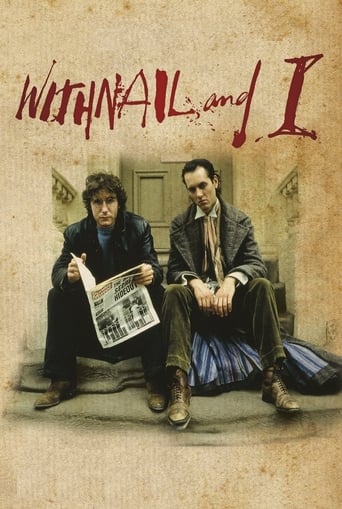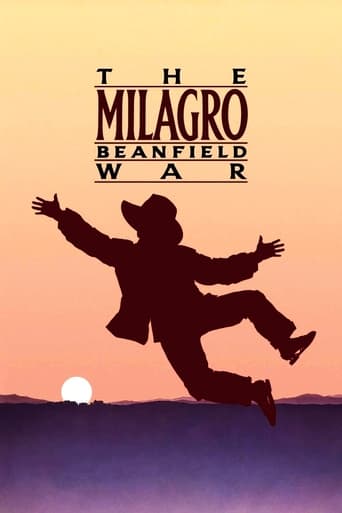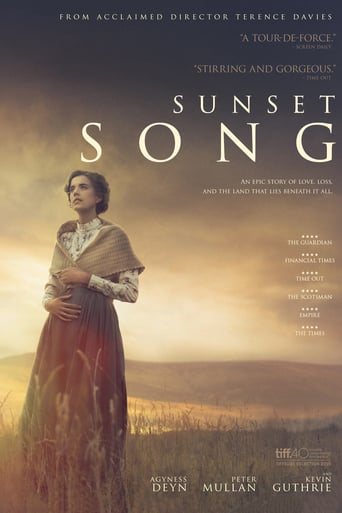
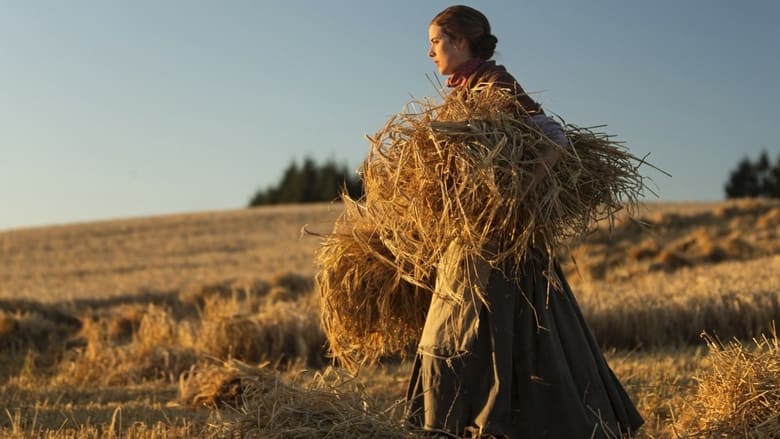
Sunset Song (2016)
The daughter of a Scottish farmer comes of age in the early 1900s.
Watch Trailer
Cast


Similar titles
Reviews
Terence Davies is a brilliant director who specializes in period pieces, dimly lit interiors and fraught family dramas, and it's great that almost all of his films are available for streaming. Unlike "A Quiet Passion," an audacious reimagining of the life of Emily Dickinson, "Sunset Song" is a pretty straightforward adaptation of a classic novel, though not without some distinctive personal touches. Davies took some heat in the UK for casting a flawless former model (an English one at that) as a rugged Scottish farm girl, but Agyness Deyn acquits herself very well in the role of Chris Guthrie. If he does have a fault though, it's that he seems to think of plot and character as necessary evils, to be dealt with as briskly as possible so he can linger over the atmospherics--the grittiness of daily life, tense family meals and boisterous communal feasts, the beauty of "the lond" (mostly shimmering fields of wheat shot in 65 mm). If I remember the BBC series from the 70s correctly, Chris's father, John, who dominates the first half of the film, was a more complex personality, a conscience-stricken Calvinist who can't stay away from his wife even after a nearly fatal pregnancy, like an earthier version of a Dreyer or Bergman character. Davies presents him simply as a sex-crazed ogre, which makes Peter Mullan ("Top of the Lake") the obvious casting choice.Later on, the film's dramatic climax is handled a bit awkwardly: Chris's husband, Euan, and his friends, all neighboring farmers, are shamed by the community into joining up when war breaks out with Germany in 1914--we get to hear the minister sermonizing that "the mon they call the kaiserrr is none other than the Antichrrrist!" We aren't at all prepared for Euan's transformation from a dutiful, loving husband to a randy, foul-tempered bully when he returns for his first leave--a less godfearing replica of the unlamented John Guthrie. A flashback that tells the rest of Euan's story, narrated by one of his comrades at the front, is even harder to reconcile with what's gone before. Having said all that, I still recommend the film. It's by no means Davies's best, but Chris's story is well told, with exceptions noted, and cinematographer Michael McDonough ("Winter's Bone") does an amazing job of realizing Davies's vision of "the power and cruelty of both family and nature."
Seeking irredeemable Presbyterian gloom? Then Sunset Song is the haggis you crave. Critically if unconvincingly acclaimed, it's set in rural 1900-ish Scotland, the part where the scenery is well, OK, but hardly of malt-whiskey-ad beauty. Our heroine is Chris, a lovely and intelligent girl now going on to 'college'--meaning secretarial school as understood at the time. That doesn't happen but never mind —as we're told by the incessant bloody narration, Chris is in love with THE LAND! She identifies with it! Spiritually! Hard to believe, but the narration absolutely insists. Home life is hell or a little worse but Chris survives to make a wonderful marriage. Then that goes bad, and she is sort of inconsolable. Fade out. You can stop reading here unless interested in all the loose parts that drag the thing down. We open with a scene of closeness between Chris and her best gal pal--who then simply disappears. Chris says her Pa is a wool-dyed socialist, committed to universal justice, but that disappears too, and instead we get a religious tyrant who beats his grown son bloody, drives his wife to infanticide and suicide and tries to rape Chris but dies in the attempt. There's another unsuccessful rape attempt, this by the hired man, but it means nothing to the story. The Son should have murder on his mind, but he simply leaves; end of HIS story. After Ma's suicide, two surviving younger siblings are brusquely shipped out: end of THEIR story. Chris runs the farm almost alone yet is somehow an extremely good farmer, at least in the romanticized kind of agriculture retailed here: much moony contemplation/joyous reveling re the (semi-lovely) land, little reference to the back-breaking slavery that rural farming actually was. Enter farmhand Ewan, a gentle, loving, considerate, good- natured paragon of Mr. Right. Theirs is a marriage of the made-in- heaven variety, so catastrophe is guaranteed. Ah yes--World War I. Ewan goes off to the army and returns a brute, a savage, a monster. He's barely through the door when he rapes Chris, which he does nightly. Oh!--the horrors of PTSD, right? Well no. Ewan has been totally dehumanized by a mere few weeks of basic training! When he does go to the front, he immediately deserts, is immediately caught and immediately shot for a coward. We close with Chris sobbing into one of Ewan's shirts, crying piteously "I understood." What? Doesn't she identify with THE LAND anymore? Those who consider narration death to movies, and pointless details likewise, will call this a multiple homicide. The filmmakers' failure here is due to inability to manage the novel that is their source. Turning a novel into a movie almost invariably means leaving LOTS of stuff out so as to focus on the essentials. That didn't happen here, and the result is a barely coherent mess, heavily larded with tedium.
Firelight, swells of the North Sea, hayfields, rain, a wedding dinner by candlelight, mist, the morning sun, green mountains, Scottish song, clothing fashions from a hundred years ago and the writing of Lewis Grassic Gibbon, are brought to life. It is said that nothing but the land endures, yet there is something about each of these characters – good and bad - that endures too. Intriguing characters include a sensual, pretty and bright young woman who loves the landscape and dreams of a better life, a strict and abusive farm family patriarch in desperate need of an intervention and anger management classes, and a young man turned bitter and cowardly by war and violence. The story is told mostly through the eyes of the young woman, Chris, as she grows and experiences hardships as well as bliss. It is amazing to witness her transformations through the people she comes in contact with, the land and the emotions she feels. Kindness, love, nature and light endure when we let them. Anger, violence and hatred make them the lovelier for that.The director is obviously extremely experienced and capable at such historic United Kingdom stories. He invigorates the senses in sight and sound, and we even almost feel the emotions of the characters and smell the hay, mist and mud. I suppose this is the "memory realism" style I read about. Remarkably, and appropriately to the themes of the story, Davies does not shy away from the rawness of anger, sex, nudity and violence. He is equally adept at bringing out the beauty of the story as well as its darkness. There is exemplary acting here especially by the leads, yet with the exception of the one who played Ewan (each of his moods seemed the same to me). For those few who can differentiate between the sectors of Scotland, the film takes place in Northeast Scotland. The excitement of another "Florida premiere" was palpable (LOL!) at this 2016 Miami International Film Festival screening.
Sunset Song, directed by Terence Davis, is the meandering story of a young woman coming of age in the early 20th century in Scotland. I want to use this film to make a point about why I think modern cinema, though as fascinating as ever, just isn't quite as good as previous decades for cinema. People blame blockbusters for ruining cinema, even though loads of genuinely good blockbusters are released every year. Why do people go and see blockbusters? Because the alternatives are usually sub-par dramatic films. Boring indie flicks, Oscar bait and mediocre dramas which are made for critics and critics alone. So, while blockbusters could be better, people go to see them because the alternative isn't good enough either. This film is a perfect example. With its use of voice-overs, slow pace, thematic depth and character based narrative, this is not a mainstream film at all. It's something critics will enjoy, but audiences may find it more difficult to relate to thanks to its self indulgence.Sunset Song is visually stunning, with many great shots of the Scottish landscape. The film starts out well with some family related story lines for Chris, the young woman at the centre of the story. This stuff is reasonably moving and has a sense of a soul. Peter Mullan is very good as her brutal father. The middle section of the film completely sags, as it drones on and on with nothing really happening aside from her getting married. Then the final third involves the First World War and its effects on her. When you're actually relieved that World War I happens so that something interesting is finally going on, you know you're in trouble. In this final third, the film finally finds its feet but too little, too late. It's well directed, has some occasionally powerful moments and it's overall well acted, but unfortunately the main actress, Agyness Deyn, is awful and completely unconvincing. Add in an overindulgent runtime, a monotonous script and a general lack of energy, settling instead for conveying its messages with loads of pretentious voice-overs performed terribly by the lead actress who murders the Scottish accent. Not a terrible film, and a moderately interesting watch but it's too superficial to truly satisfy.6/10


